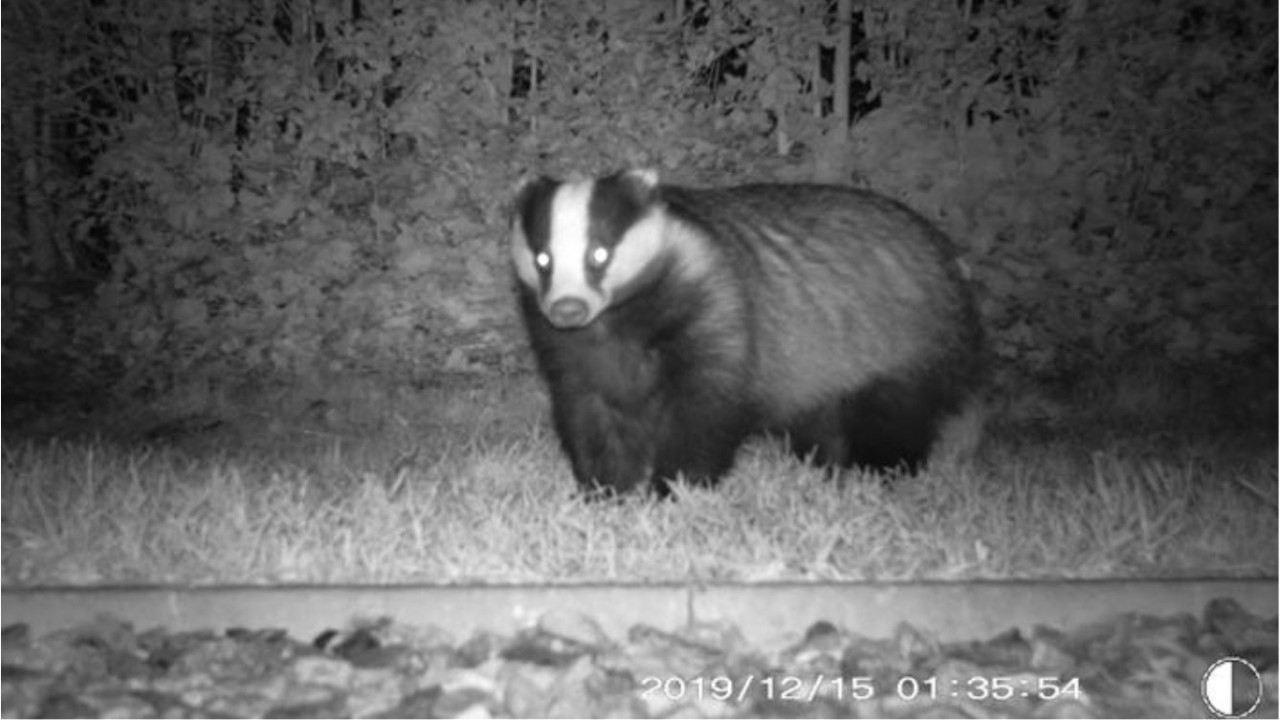The consultation document explains the department's long-term aim is to vaccinate badgers in order to reduce both intra-species and inter-species spread and to support a healthy badger population.
"However, the department believes that it is necessary to reduce the infection load in the badger population first in order to enable follow-up vaccination to be effective," it read. "This is consistent with veterinary and scientific advice that badger culling in high cattle TB incidence areas, where badgers are implicated as a reservoir of infection, will reduce the weight of bovine TB infection in badger populations more quickly than vaccination alone. It will, therefore, have a greater and more immediate beneficial impact on the incidence of infection in cattle." As a result, DAERA has announced it will invest £14 million in the cheaper option - a non-selective cull run by not-for-profit farmer-led companies. The other main option, Test, Vaccinate or Remove (TVR), would cost more than double as much at £35.6 million, with the cost of trapping the badgers accounting for the majority of this. Modelling by the Animal and Plant Health Agency (APHA) concluded that both an initial non-selective cull and a TVR based intervention could reduce the overall badger infection load and pave the way for a vaccination-only approach. The business case assumed seven years of selective/non-selective culling, followed by eight years of badger vaccination alone for costing purposes. However, the department explained it was likely culling would take place for four years initially, during which ongoing monitoring of disease incidence or prevalence in both species would take place, with the timespan extended if necessary.How would the badger cull be carried out?
The department has suggested the cull is carried out by “not for profit” cull companies set up and paid for by farmers, operating under approvals issued by DAERA. However, delivery would be managed and monitored by DAERA with certain stipulations to avoid a free-for-all. This is similar to the system used in England. In the Republic of Ireland a private company carries out the cull under DAFM oversight.The option of using DAERA staff for wildlife intervention was not considered further because of its higher cost and logistical issues.
Farmers, if qualified, could carry out operations themselves, or source suitably qualified labour for the tasks involved. Cull companies would be required to provide evidence that they have sufficient funds secured to deliver the full period of the cull and that they have the go-ahead of the landowner. DAERA will monitor and check the competence of those carrying out the work and provide oversight to ensure best practice.Where will wildlife intervention take place?
The areas where culls will take place will be decided through strict criteria:- The existence of well-established large cattle bTB hotspots;
- Higher than average badger social group density;
- Physical boundaries which would limit badger ranging behaviour; and
- Local veterinary epidemiological assessment.

